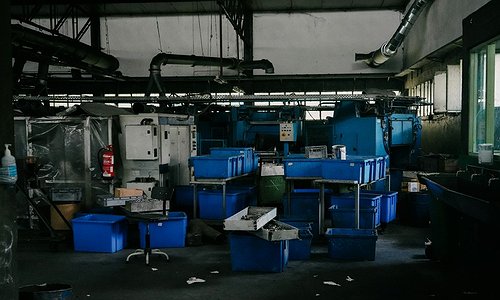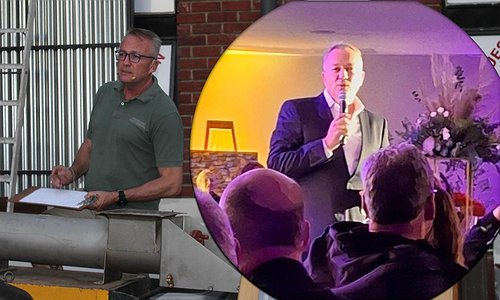The slow death of the middle class and the rise of the hustler economy
The middle class under pressure
There was a time when a single income could comfortably support a South African family, covering essentials like housing, education, and even the occasional holiday. Today, that reality is slipping away. Middle-income earners are grappling with stagnant wages and a rising cost of living. Reports indicate that nearly half of salaried South Africans are left with less than R1,000—or even negative balances—by payday, with middle-income earners being the most affected.
Added to this, the purchasing power of the middle class has diminished significantly. Inflation and stagnant salaries have eroded their financial stability, leaving them effectively poorer each month compared to previous years.
Enter the gig economy
With traditional employment becoming less reliable, many South Africans are turning to gig work to make ends meet. The gig economy, characterized by short-term contracts and freelance work, has seen substantial growth. In 2018, temporary employment rose from 2.6 million to 3.9 million, highlighting the increasing reliance on non-permanent jobs.
Platforms like Uber, Mr D, and SweepSouth offer flexibility but often lack the benefits and security of traditional employment. While some appreciate the autonomy, others find themselves juggling multiple gigs to piece together a liveable income, facing challenges such as income volatility and job insecurity.
The hustler mentality
In response to these challenges, a "hustler" culture has emerged. It's about diversifying income streams, embracing entrepreneurship, and continually seeking new opportunities. For some, this means launching online businesses; for others, it's about monetizing skills or investing in side projects. While this mindset fosters innovation and resilience, it also has its downsides. The pressure to constantly hustle can lead to burnout and mental health issues. Also, not everyone has equal access to the resources and networks needed to succeed in this new economy, potentially widening existing inequalities.
The role of technology
Technology has been a double-edged sword in this transformation. On one hand, it has created new job categories and made remote work more accessible. On the other, automation and artificial intelligence have displaced many traditional roles, contributing to economic inequality.
Looking ahead
As the middle class continues to face challenges and the hustler economy gains momentum, it's clear that the nature of work in South Africa is undergoing a huge shift. Policymakers, educators, and businesses need to adapt to this new reality. This could involve rethinking labour laws to protect gig workers, investing in lifelong learning programs to help workers reskill, and exploring social safety nets that reflect the realities of modern employment.




